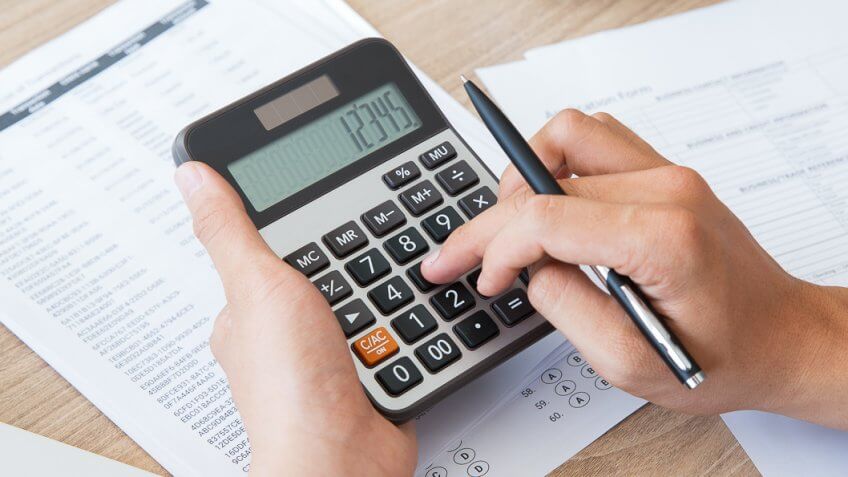Taxes in Javea, Spain. Under Spanish law, all non-residents with assets in Spain must appoint a fiscal representative to carry out tax duties. Any foreigner resident in Spain must also make an income tax return for personal obligations and also on his/her worldwide income. Income tax rates go from 18% to 48% on earnings above 67,435 euro.
Tax in Javea and in the rest of Spain is a very complicated affair and there are potentially severe fines and penalties for anybody who fails to declare and pay the correct tax in Spain. Staying abreast of tax in Spain is made harder still by the Spanish government who is regularly changing its tax rules, and often those most affected are expats holding significant assets abroad. The Spanish tax year runs from January to December.
Search and find your dream property in Javea
Who needs to pay tax in Spain?
If you reside more than six months per year in Spain, you are considered a tax resident even if you have not obtained a residence permits. However, certain types of income (like public pensions for complete and permanent invalidity) are exempt from income tax in Spain, and there are double taxation agreements between Spain and a number of countries including the U.S.
If you have already paid income tax abroad, you can deduct this from your Spanish tax bill. Spain has an annual wealth tax– the Patrimonio. It’s levied on assets in Spain–property, bank accounts, cars, bonds, stocks, and shares. Non-residents are subject to wealth tax only on assets in Spain, whereas residents also pay taxes on offshore assets.
Wealth tax in Javea
For residents, the wealth tax applies only to property worth over 128,000 euro. For non-residents, the tax is levied on all property, no mat- ter what the value. It can be based on either cadastral value, purchase value, or the value estimated by the tax authorities–whichever is greater. For assets up to 140,000 euro, wealth tax is set at 0.2% and goes up to a maximum of 2.5%.
As a general rule, you should allow 10% to 11% of the price of a property to cover associated purchase costs. Depending on how much work is involved, legal fees are between 0.5% and 2% of the purchase, plus 16% value added tax (IVA) charged on the fee amount. Notary fees are fixed by law and normally range from 250 euro for lower-priced properties to 1000 euro for higher priced properties. Land registry fees are generally about 250 euro.
Additionally, there’s VAT (IVA) or transfer tax (ITP). ITP applies to resale properties only; IVA is levied on off-plan properties. Both are currently at 7%. Stamp duty of 1% is payable when purchasing off-plan.
Plus valia is a local municipal tax based on the officially assessed increase in the value of the land since the last time the property changed hands. This tax is normally payable by the vendor, but it may be stipu- lated that the buyer pays. It can range from a few hundred dollars to as much as several thousand dollars on larger properties with a lot of land. If applicable, payment terms should be discussed in the negotiations and in consultation with your lawyer.
Example based on a resale property costing 144,240 euro: • Spanish transfer tax (VAT) @ 7% = 10,096 • 0.5% stamp duty = 721 • Notary fees = 600 • Land registry fees = usually in the region of 360 • Spanish lawyer = 1,442
Total = 13,219
Property taxes in Javea
Owners of Spanish property are required to pay annual property taxes. They are based on cadastral value–the official value of your house for tax purposes–rather than the price at which it actually changes hands. Even in a region such as Costa Blanca, the tax can vary widely from town to town for similar types of property. However, you can expect to pay around 0.2% of the cadastral value of your home.
Those over the age of 65 are exempt from capital gains tax on the sale of their home if it’s their primary residence. Otherwise, residents are taxed at 20%, non-residents at 35%. To ensure the tax is paid, Spanish law requires that 5% of the total purchase price be paid directly to the tax agency when the seller is a non-resident.
This results in only 95% of the selling price going into the vendor’s bank account. The other 5% goes directly to the taxman as a deposit against capital gains tax liability. If the tax turns out to be less than this deposit, the balance can be reclaimed.





